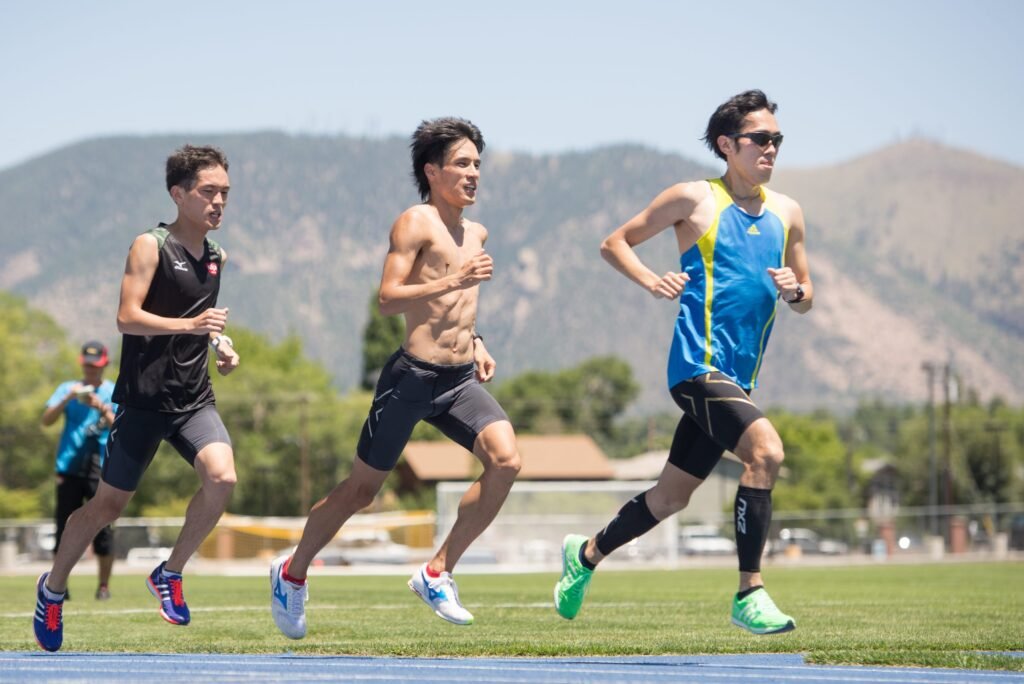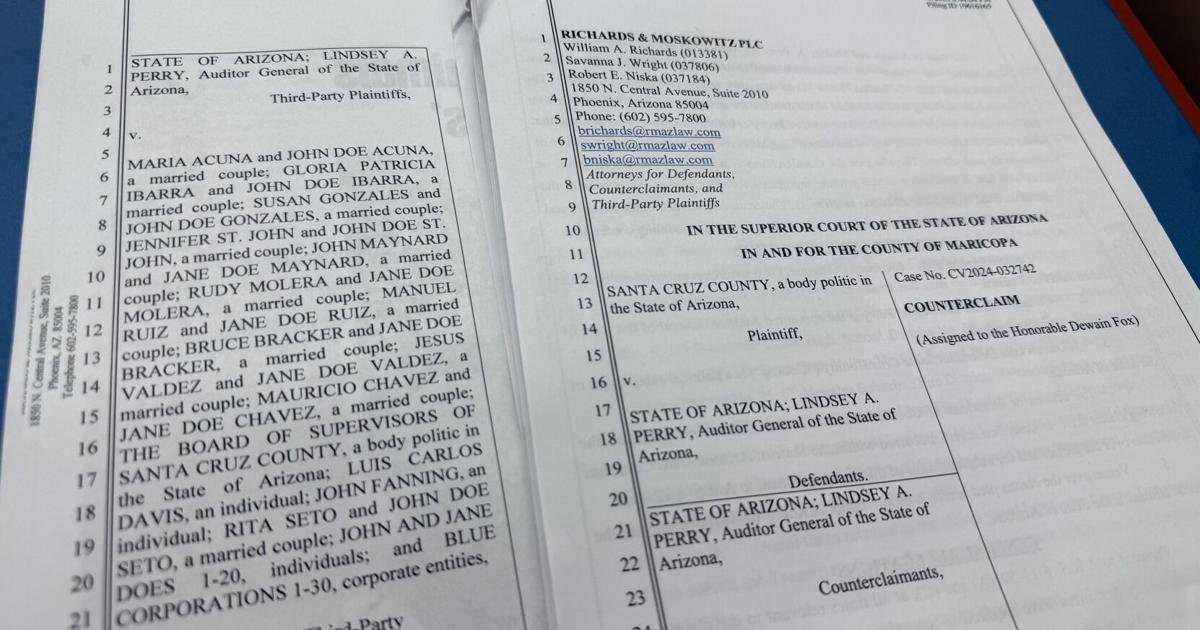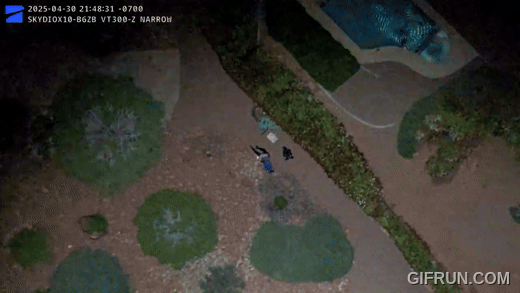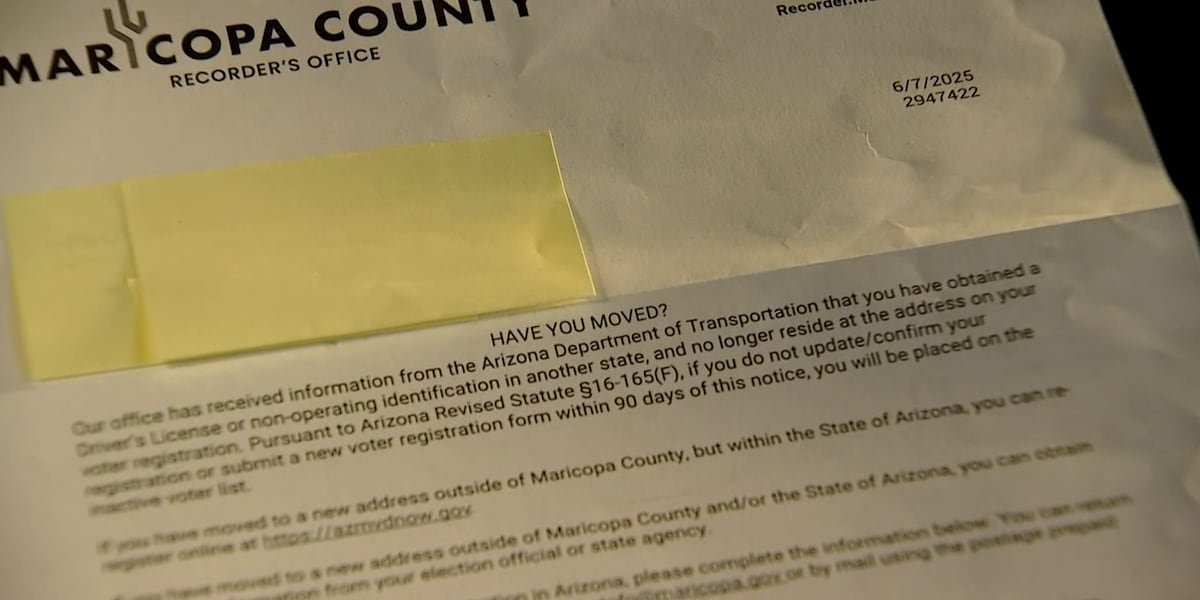Elite athletes are taking Flagstaff's altitude advantages to Paris and the Summer Olympics.
It's a warm summer day, and as Dan Berglund explains how erythropoietin (EPO) works, a group of skinny, super-fit young people arrive at a popular coffee shop. Most of them wave as they enter. In their dolphin shorts and sports tank tops, they look like true athletes. And they are athletes.
Berglund greets Nico Young, a two-time NCAA champion at Northern Arizona University who holds the collegiate records in the 5,000 and 10,000 meters and is heading off to compete for a spot on the U.S. Olympic team. They're joined by Luis Grijalva, the Guatemalan phenom who just finished fourth at the world championships. He and Berglund discuss the running scenes in the Sierra Nevada, Spain, and St. Moritz, Switzerland, with the Paris Olympics approaching. They're there because their coach thinks Flagstaff is probably the best place in the world for altitude training. Berglund's current company, Hypo2Sport, is also part of the formula.
Many athletes first learned about EPO when cyclist Lance Armstrong was accused of injecting it during the Tour de France, but as early as 1968, top athletes were traveling to altitudes of 7,000 feet to naturally boost their red blood cell counts, which trainers say delivers more oxygen throughout the body, improving performance and endurance.
““When you have less oxygen, your body kicks in the process of making more red blood cells,” Berglund says. “Not only do you train here, you benefit from being here.”
Berglund, a physiologist, became principal owner of Hypo2Sport last year, taking over from Sean Anthony, who ran NAU's high-altitude training center before taking the company private after funding was cut in 2009. Since then, Hypo2 has organized camps, services and training for running, swimming, cycling and Paralympic athletes, solidifying Flagstaff's global reputation as a great place to spend time at high altitude.
For optimal results, Berglund says, “Live at high altitude and train at low altitude. You can't train as fast at high altitude. If you're a runner, your leg speed slows down, if you're a swimmer, your rotation rate slows down. For high-intensity training, athletes need to go low. They can live here, do their easy training here, and go to Verde Valley for their high-intensity training. To get the full benefit, they need to go down and then up again within three hours. And you can do it all from Flagstaff.”
Berglund has lived in Flagstaff since 2000. He has a master's degree in exercise physiology from Arizona State University but used his business degree as a financial advisor. That all changed when he met Anthony and became the physiologist for the Hypo2 high-altitude training camps. While Anthony ran the business, Berglund tested and refined the performance of athletes' training regimens. He bought the business last May. “I knew all the coaches, all the athletes, so it made sense. It was a good decision. I'm really busy,” he said.
Berglund works behind the scenes with athletes, “NAU can have one to three teams in the pool, and I'm always available.”
Meanwhile, he handles bus schedules, meal arrangements, hotel reservations, space in NAU dorms and reservations for training facilities like track and field. Hypo2 also partners with specialists who provide massage, chiropractic and nutritional support. And the connection to NAU is important, including access to the school's Olympic-size pool, which draws swimmers from around the world, from Australia to Tunisia, each year.
Berglund also helps run a high school cross country running camp at NAU. “It's a win-win. The participants are excited to come to camp and it's a way to give back to the running community.”
If the first principle of business is to find a need and fill it, Hypo2 does just that. The details that go into helping athletes around the world perform at the top level and get an edge on their competition are what intrigues Berglund. “I get to work with and learn from some of the best physiologists and coaches in the world, and while they're here we can do tests like hemoglobin levels and carbon monoxide rebreathing that we can do back home but not here. I'm always learning. I never get bored.”
If location is the key to valuable real estate, then Hypo2, perched at an elevation of 7,000 feet, uniquely positions itself for future success, especially with the 2028 Olympic Games in Los Angeles just eight hours away.
““The goal is to keep getting better,” Berglund said. “Whether it's better support for teams and individuals, better testing, better understanding of altitude, there's always something that can be improved, and that's what motivates them to keep trying.” FBN
Billy Miller, FBN
Photo credit: These Japanese runners are among the many international Olympic hopefuls who travel all the way to Flagstaff to benefit from high altitude training with Hypo2.
















